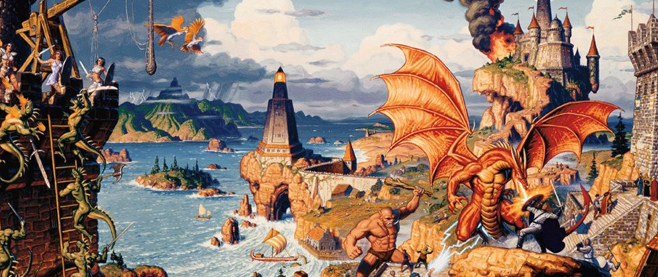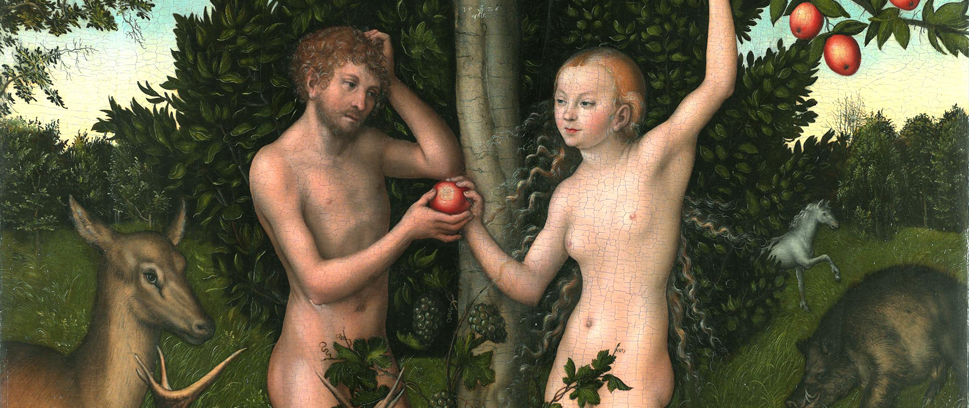
A Night Elf Priestess’ View of the Future
In addition to running Unwinnable, I am also the managing editor over at Digital Innovation Gazette, a trade website sponsored by Intel and concerned with the more technical aspects of videogames and their development. During the course of my duties there, I have the opportunity to do the occasional interview and, since DIG has graciously allowed me to syndicate that content, I can now share them with you here in their entirety. Enjoy!
———-
[wpcol_1half id=”” class=”” style=””]
I sat down with Bonnie Nardi, a cultural anthropologist teaching at the University of California, Irvine, and author of My Life as a Night Elf Priest, to discuss the impact of MMOs on social dynamics and the distribution of technology.
Unwinnable: Tell us about your history and interest in the gaming industry.
Bonnie Nardi: My interest arose from my research on World of Warcraft. I view games like WoW as the first exemplars of radical digital media with unique and unprecedented affordances. The games are part sport, part visual art, part subversive play. I had never had any connection to videogames before my WoW study, but grew interested because of my undergraduate students’ passionate attachment to MMOs.
I am a cultural anthropologist and I study social life on the Internet. I knew I needed to take a look to find out what the excitement was about. After I played and studied WoW for four years, I now find gaming fascinating and a significant part of our cultural landscape.
Unwinnable: Where do you see the industry going in the near future?
B.N.: It can only go up! For several decades, people got bogged down in television and film, which are undemanding, passive media. Videogames afford the visual kick of television and film, coupled with the cognitive engagement needed to play a game. As an observer of social life, I think this is a positive development.
Both ends of the demographic spectrum are especially interesting for the future of games. As baby boomers retire, they are going to have huge chunks of time on their hands. In a study I conducted with a graduate student at the University of California, Irvine, where I teach, we found that older WoW players, age 45 plus, played as many hours as younger, self-described “hardcore” players. This situation indicates a powerful market, if it can be exploited properly.
[/wpcol_1half] [wpcol_1half_end id=”” class=”” style=””]
On the other end of the scale, it is clear that even very young people are being socialized to assume gaming as a normal part of daily life. The numbers in Club Penguin, Habbo, MapleStory and so on are amazing.
DIG: What kind of effect do you see gaming having on the world at large and the way we live?
B.N.: In the same study mentioned above, we discovered that 13 percent of WoW players found a boyfriend/girlfriend/spouse in-game. That’s huge!
When I was doing my WoW research, I knew several people who had found true love while slaying monsters. I like that in an online game a woman has the chance to proceed slowly. She can withdraw gracefully if she wants to, more easily than in real life.
If you see a guy behaving well, given that videogames tend to loosen inhibitions and a good deal of immature behavior ensues, you can be pretty sure he’s someone to consider. Online gaming is changing everything, even the age-old problem of locating a mate.
DIG: What do you see spurring on these changes?
B.N.: What strikes me is how people find their way to gaming even in the most unlikely places. For example, researchers Beth Kolko and Cynthia Putnam went to Bishkek, the capital of Kyrgyzstan, and discovered a group of neighbors running a LAN down the outside of their nine-story Soviet-style apartment building so they could play World of Warcraft together.
Internet cafes are an obvious and important site of vastly enhanced access to games, as are cell phones, which even illiterate people operate. We in the West tend to think of technology as a personal accoutrement of the individual, like a toothbrush, but that’s not true in much of the developing world.
While technology will continue to advance, distribution is critical. The majority of people on the planet do not yet have access to the Internet. It’s interesting to observe the creative ways people are changing that.
———
[/wpcol_1half_end]





